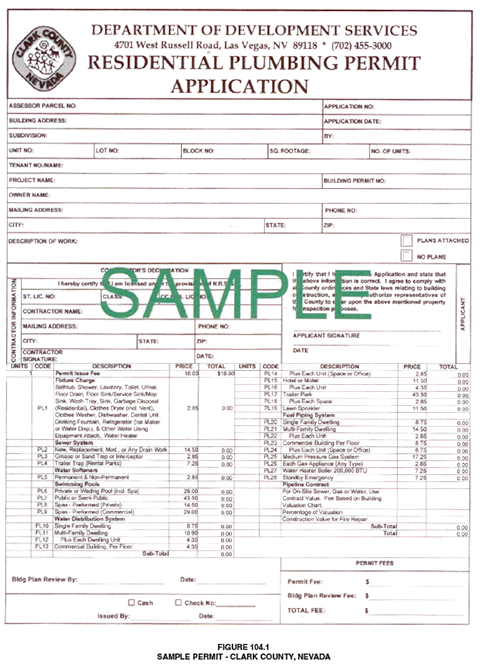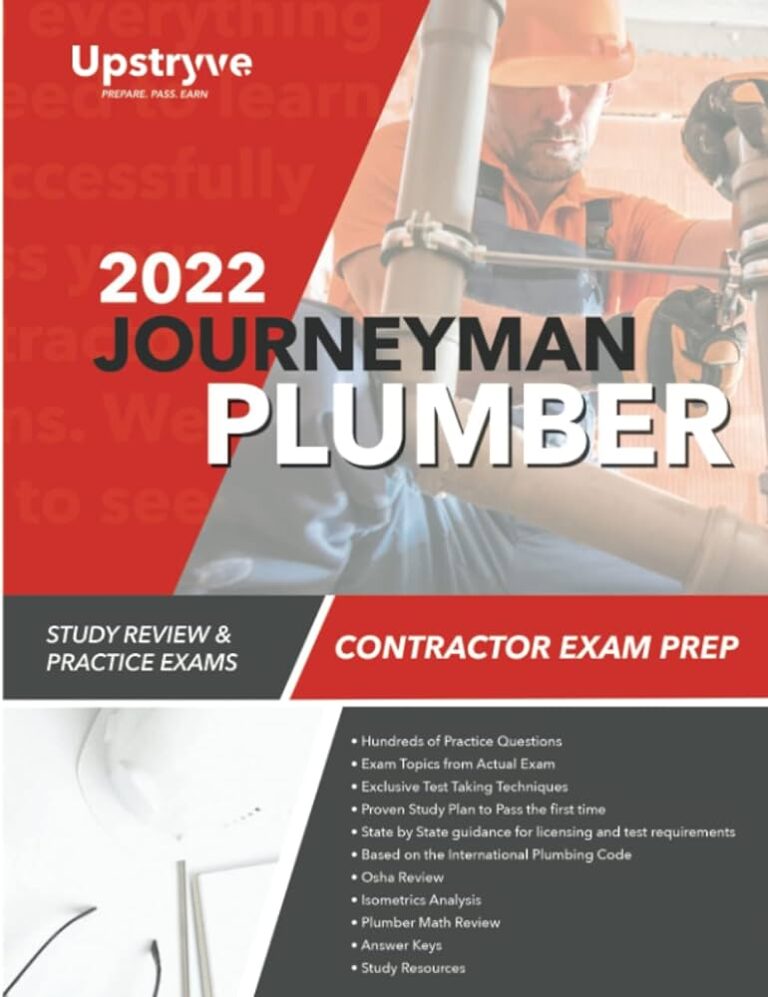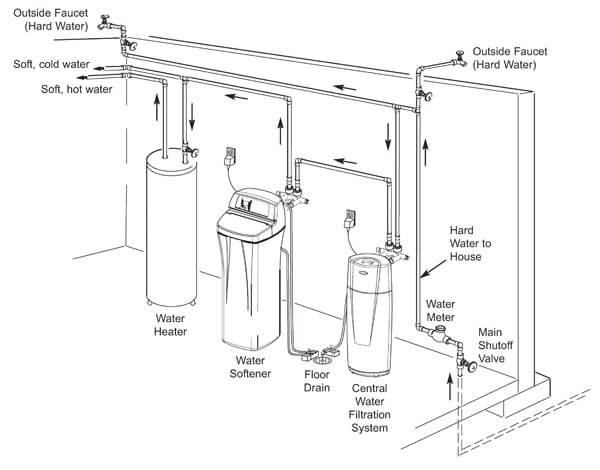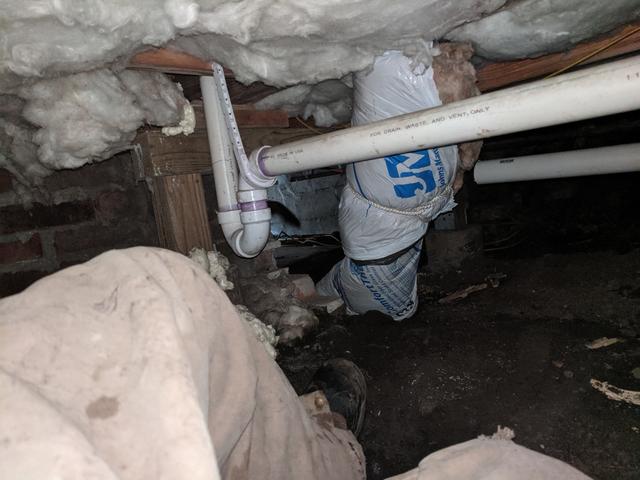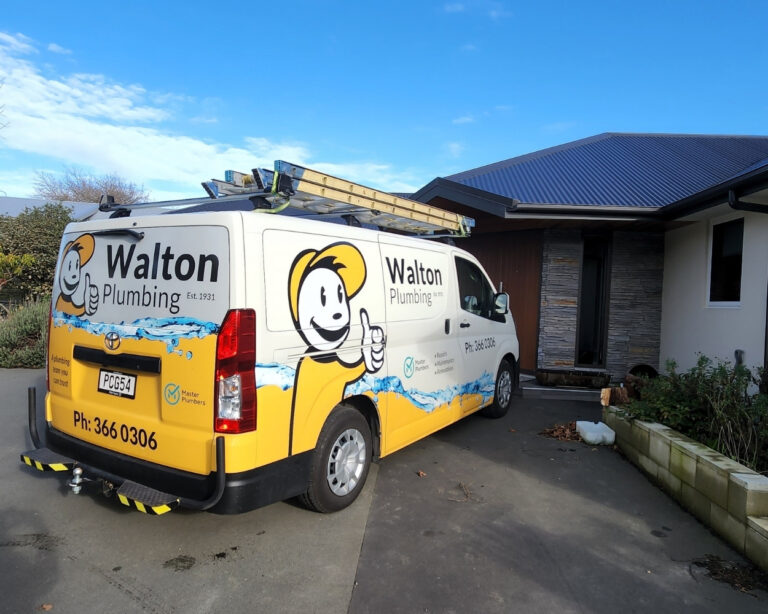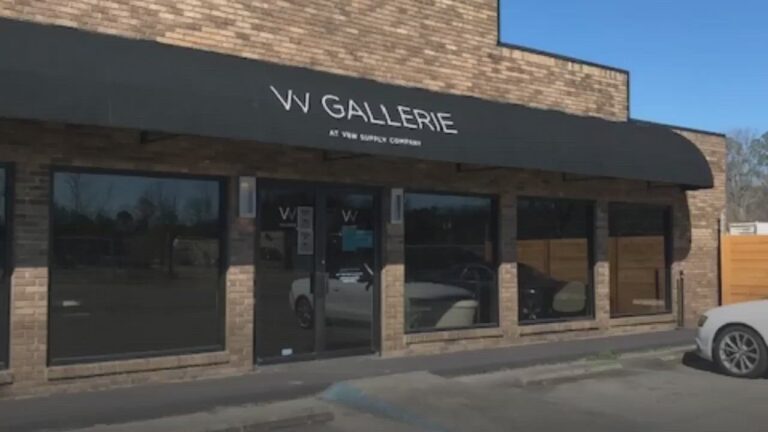How To Get A Plumbing Permit?
A plumbing permit is a document issued by a local government agency that allows a homeowner, contractor, or plumber to legally install, modify, replace or repair a plumbing system. In order to get a plumbing permit, the homeowner or contractor must follow the proper procedures for obtaining the permit. This includes submitting the necessary paperwork, such as plans and drawings, to the local government agency, paying any applicable fees, and having the plumbing system inspected before and after installation. With the proper paperwork and procedures in place, a plumbing permit can be obtained quickly and easily.
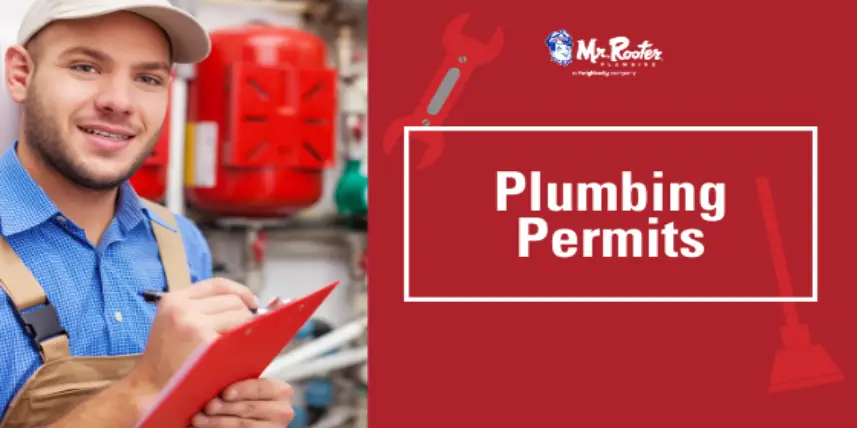
What is a Plumbing Permit?
A plumbing permit is a form of legal authorization issued by a local government or other relevant authority. It is required for all plumbing projects, large or small, and is necessary in order to ensure the safety of the project and that it is in compliance with applicable local regulations. The permit will typically include specifications for the project, as well as a list of requirements to be met prior to the completion of the work. It is important to note that the permit may be revoked if the requirements are not met, so it is important to understand and follow the instructions given.
Who Needs a Plumbing Permit?
A plumbing permit is a necessity for any residential or commercial building project that requires the installation of a plumbing system. It is a legal document that grants permission from local authorities to begin the installation process. A plumbing permit ensures that the system meets all safety and building regulations. It also gives the contractor assurance that the job is being completed according to the state and local codes. Having a plumbing permit is extremely important because it can protect the contractor from being held liable for any damages caused by improper installation. Ultimately, a plumbing permit is a valuable tool for contractors to have when working on a new construction project.
What is the Process for Applying for a Plumbing Permit?
Applying for a plumbing permit requires several steps. First, you must submit a permit application to the local government or municipal authority. This application should include a detailed description of the proposed plumbing work, including the type of work being done, the materials being used, and the proposed timeline for completion. After your application is reviewed and approved, you will need to pay any applicable fees and provide proof of insurance. Next, a building inspector will need to inspect the proposed project before a permit can be issued. Finally, you must adhere to all local codes and regulations while completing the project, and the permit must be renewed annually. Following this process will ensure that your plumbing work is safe and compliant with applicable laws.
What are the Requirements for Obtaining a Plumbing Permit?
A plumbing permit is required for any project involving new installations, repairs, or alterations to existing plumbing systems. Plumbing permits ensure that the project is completed according to local codes and standards. To obtain a permit, you must provide detailed plans and specifications of the project, proof of insurance, and a filing fee. You may also be required to pass a written exam in order to receive the permit. Additionally, you may need to have a licensed plumber inspect the work before the permit is issued. Once the permit is issued, you may begin work on the project. Completion of the project must be verified by a local inspector, who will issue a certificate of occupancy upon successful completion. With the proper permits and inspections, you can be sure your plumbing project is done safely and correctly.
What are the Costs Associated with Obtaining a Plumbing Permit?
Obtaining a plumbing permit may seem like an easy task, but it can involve a lot of different costs. Depending on where you live, the cost of a plumbing permit can vary greatly. Generally, the cost of a plumbing permit includes application fees, inspection fees, and any additional permitting fees such as water or sewer connections. Additionally, there may be additional costs for materials, labor, and hiring a licensed plumber to complete the work. It is important to do your research and get all of the information that is required to obtain a plumbing permit so that you can plan for all of the associated costs.
What are the Benefits of Having a Plumbing Permit?
Having a plumbing permit is essential for any contractor or homeowner who is undertaking plumbing work. A plumbing permit ensures that all plumbing is installed and maintained in accordance with state and local codes. This not only guarantees the safety of the project, but also ensures that any future repairs or modifications to the plumbing will be in compliance with the codes. Additionally, a plumbing permit can help protect a contractor from potential lawsuits related to plumbing work that is not up to code. Furthermore, having a permit can help prevent costly repairs down the road, as any plumbing work done without a permit can put the contractor and homeowner at risk of potential fines and other legal fees. Ultimately, obtaining a plumbing permit is a smart way to ensure the safety of a project and to protect all involved parties in the long run.
FAQs About the How To Get A Plumbing Permit?
1. What documents are required in order to obtain a plumbing permit?
Answer: In order to obtain a plumbing permit, you will need to provide documentation such as a valid plumbing license, proof of insurance, and drawings of the proposed plumbing system.
2. How much does a plumbing permit cost?
Answer: The cost of a plumbing permit varies from state to state, and often depends on the size and complexity of the plumbing project. Contact your local government to inquire about the specific cost of a plumbing permit.
3. How long does it take to receive a plumbing permit?
Answer: The time it takes to receive a plumbing permit varies depending on the complexity of the project and the amount of paperwork needed. Generally, it can take anywhere from a few days to several weeks to receive a plumbing permit.
Conclusion
In conclusion, getting a plumbing permit is not a difficult task, but it does require you to take the necessary steps to ensure that you are in compliance with the local plumbing regulations. You should start by researching the applicable laws in your area, and then contact your local building department to obtain the permit. Once you have the permit in hand, you can start your plumbing project with the confidence that it is being done legally and safely.

